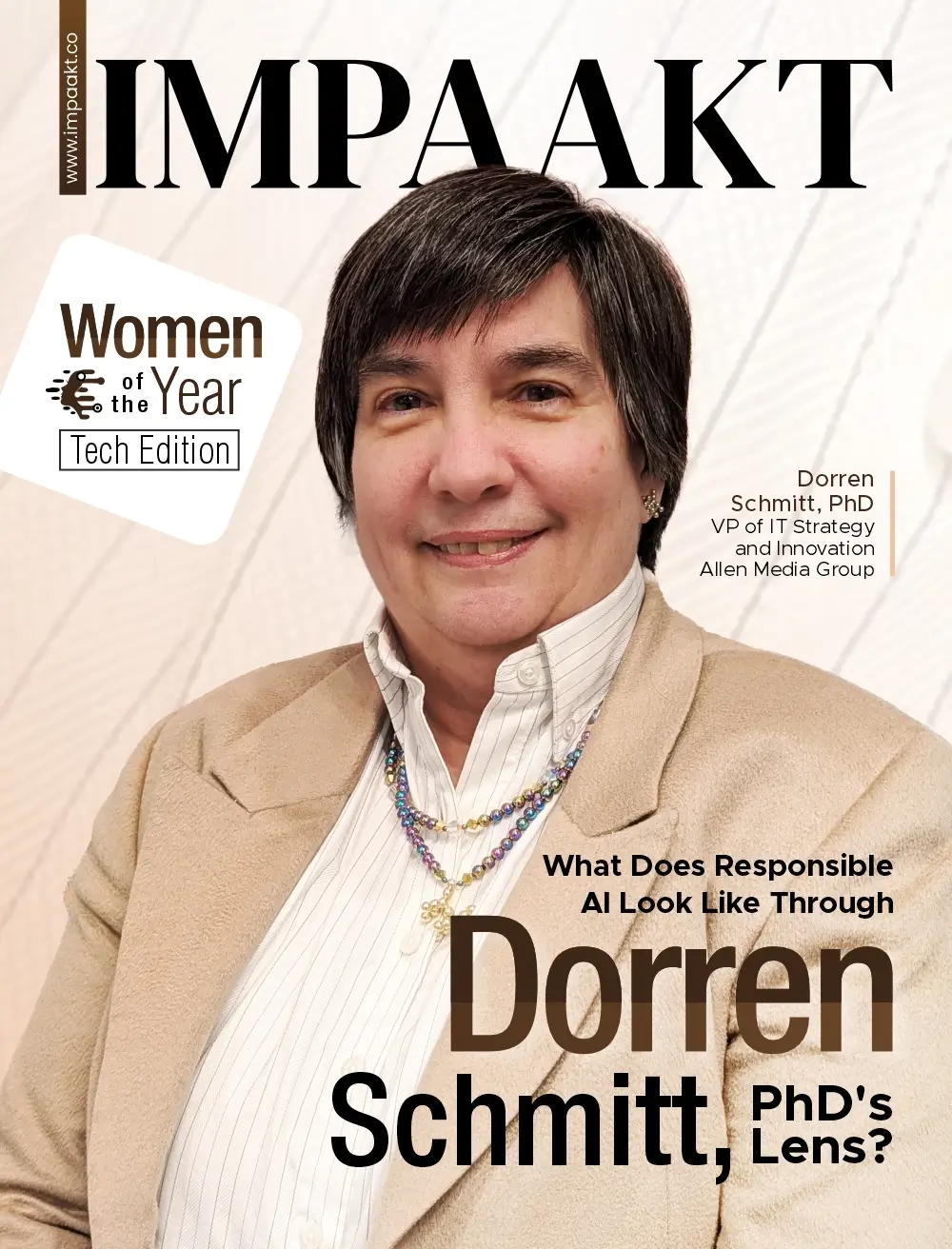In a landmark antitrust trial against Google, Satya Nadella, the Chief Executive of Microsoft, took the stand on Monday as the government’s highest-profile witness. He testified that Google’s dominance in online search posed significant challenges for his company, even though Microsoft is one of the world’s largest public companies valued at $2.4 trillion.
During his more than three-and-a-half hours of testimony in a federal court in Washington, Nadella was forthright and occasionally confrontational. He explained how Microsoft struggled to compete with Google due to the latter’s multibillion-dollar deals to become the default search engine on smartphones and web browsers. Nadella referred to the internet as the “Google web,” highlighting Google’s ability to leverage its scale for dominance in the emerging artificial intelligence industry.
Nadella’s testimony was remarkable, as it featured the CEO of a major tech rival admitting the difficulty of challenging Google. This testimony underscored Google’s entrenched position in online search and the government’s efforts to prove that the company violated monopoly laws through anticompetitive agreements to stifle competitors.
The rivalry between Microsoft and Google, which has spanned over two decades and encompassed various areas such as online search, mobile computing, web browsing, and cloud computing, continues to intensify in the field of artificial intelligence.
Despite his enthusiasm for AI, Nadella expressed concerns about the vicious cycle of competition becoming even more challenging. Regulators worldwide have been working to curb the power of tech giants like Google, Amazon, Apple, and Meta (formerly Facebook), through antitrust lawsuits and investigations.
The heart of the government’s case against Google centers on the argument that the company illegally solidified its monopoly in online search by securing default search engine positions on browsers and smartphones, particularly on Apple’s Safari and Mozilla’s Firefox. Nadella dismissed Google’s claim that these default positions were not dominant, emphasizing that users rarely change their default search engine.
The trial also delved into the history of Microsoft’s efforts to compete with Google in the search business, including the introduction of Bing in 2009 and ongoing regulatory disputes between the two companies. Nadella’s testimony suggested that Google’s motivation for exclusive search deals was not just revenue sharing but primarily aimed at keeping competitors like Bing at bay.
While much of the trial focused on Google’s past actions, Nadella shifted attention to the future, emphasizing Microsoft’s $13 billion investment in OpenAI and expressing concerns about Google’s potential exclusive content deals for training AI tools. This, he feared, would give Google an upper hand in dominating the next generation of online search.
In closing, when asked why Google paid Apple substantial amounts to be the default search engine on Safari, Nadella humorously remarked that he would love an opportunity for Google not to make those payments, perhaps on behalf of Google’s shareholders.











